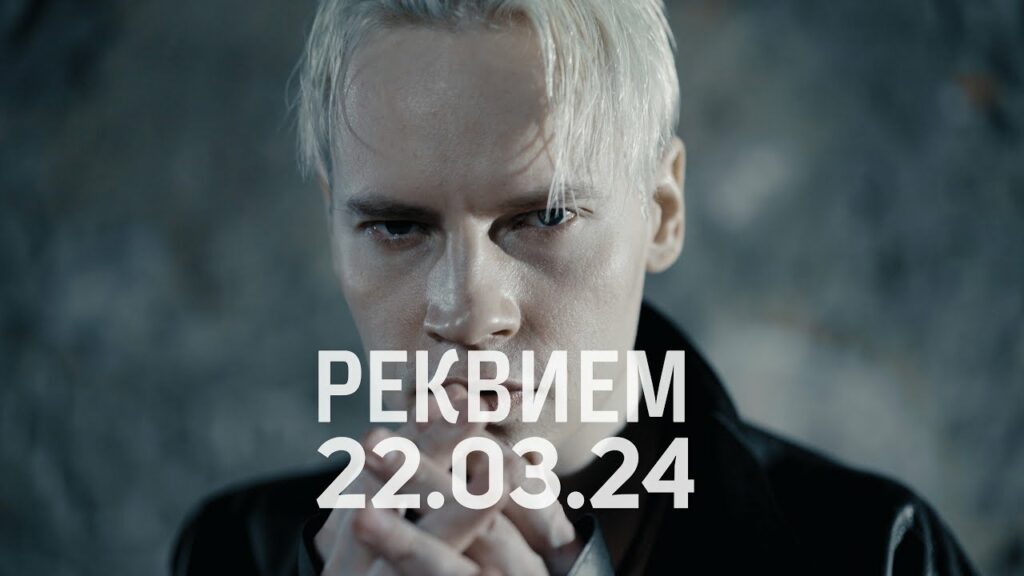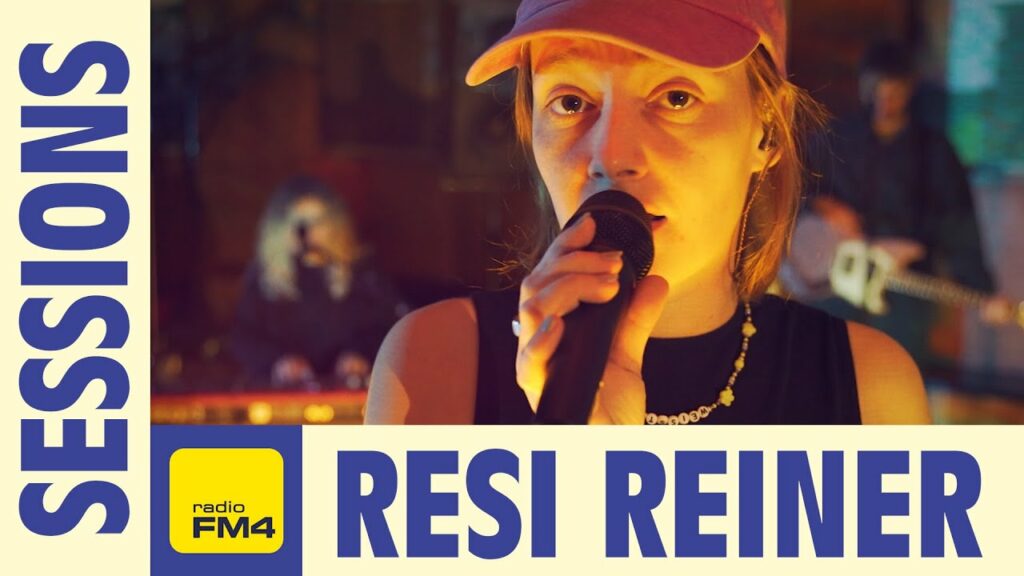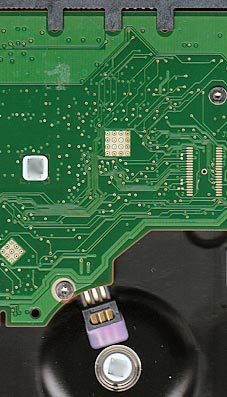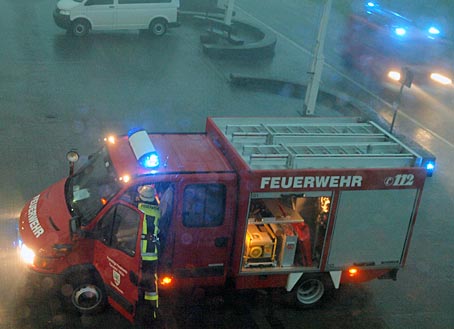Von Robert Crosbie (1849 – 1919)
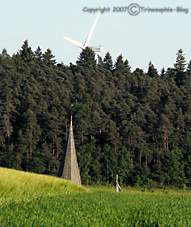 Auf welchen Gott zielt die
Auf welchen Gott zielt die
Kirchturmspitze? (Bild: Ko-sen)
Weihnachten ist die Zeit, sich Gott zu erinnern, ihn anzurufen, seinen Segen zu erbitten. Dabei werden viele Fragen ausgeklammert oder es wird so getan als ob es gar keine Fragen gibt. Etwa, welcher Gott gemeint ist. Ein Pfarrer ging in einer Andacht soweit, fordernd anzukündigen, zukünftig werde man den Menschen an seiner Haltung zu Gott messen. Seine Predigt bezog sich dabei nicht etwa auf Mitgefühl oder das eigene Denken, Reden und Handeln, das es zu reformieren gelte. Er bezog sich vor allem auf das Glaubensbekenntnis zu SEINEM Gott. Natürlich ging er dabei mit keinem Wort darauf ein, dass im Namen SEINES Gottes die Weltmacht USA – wieder einmal – den Tod Hunderttausender zu verantworten hat. Im Irak etwa. Der nachfolgende Text wird niemanden erreichen, der selbstgerecht seinen Glauben für EXKLUSIV hält und damit den Anderer für minderwertig oder gar Aberglauben. Wer aber von so viel Fragenlosigkeit um ihn herum etwas müde und erschöpft ist, mag sich an den Worten laben. Die immerhin auch aus Amerika stammen. (Redaktion)
Robert Crosbie: OUR GOD AND OTHER GODS
As a people we speak of “our God,” imagining that we all have the same idea, that we all mean the same thing by the term. Peoples of the past had their meaning of “our God,” and peoples of the present time also say “our God and other Gods,” imagining that their conception is the only true one—all others, untrue, false. The Great War was fought among so-called Christian peoples, who, so far as a consideration of Christianity is concerned, ought to have been worshipping the same God, and guiding thought and action by the precepts ascribed to that God. But is it not true that our theologians and the theologians of those people at war with us addressed petitions to the same “Our God,” in order to bring success to their efforts as against other peoples worshipping the same God? There would then appear to be a multiplicity of Gods, or else something wrong in the conceptions of all of us.
If we ask ourselves individually, “What do I mean by the term God?” perhaps we would all say: “The highest there is.” But do we mean the highest there is? Do we mean that great power which sustains all beings, all forms, that which by its very nature and by our contemplation of it must appear as in finite, as eternal, as changeless? If we do mean that, then we shall have to amend a great many other ideas which generally connote with the term God. For instance, we shall have to leave the idea of a being entirely outside of our calculations. We have thought that the source and sustainer of all things, all beings, from all time and in all time, is a being; that the something in us which reaches up beyond everything physical, beyond every thing thinkable, is outside ourselves. How could that possibly be? How could we possibly prove that this God is a being existing in some far-off heaven unknown to us and separate from us? How can we imagine a being as omnipresent, and at the same time separate from us or from anything? If Deity is infinite and omnipresent, there is not a grain of sand nor a point of vacant space anywhere where Deity is not. And how again can we give to the idea of Deity, attributes—such as being angry or pleased, rewarding or punishing, since every attribute that we give is a limitation and precludes the idea of omnipresence? No being could be the origin, the sustainer, the source of all that was, is or ever shall be. Any being, however great, is contained and limited in space; no being can be omnipresent.
So etwas wie Schöpfung kann es nicht geben
There is that which is beyond speech, beyond description, and beyond conception—the highest there is in the universe. But are we to look outside in the heavens, in the sea, in the secret places of the earth, in any place whatever; or are we to find it in a much nearer place, that is, within ourselves? For all that anyone can know of God, or the Highest, is what he knows in himself, through himself and by himself. There is no other place of knowledge for us. Yet at the same time we have to perceive that God, or Deity, is not absent from anything, is immanent in the whole, is omnipresent, is at the root and is the seed of every being of every kind anywhere; that there is no thing, not even a grain of sand nor a speck of dust, no point in space, absent from that Source which sustains the whole manifested universe. We can imagine, then, that God, as the ancients put it, “seated in the hearts of all beings;” for there is something in the heart of man whence proceeds all feeling, all true life, all true conception. The heart is not the same as the head—a man’s heart may be right and sound and his head wrong. The feeling of the true in the heart is not deceived by this thought or that thought or the other thought; it can only be experienced by each one for himself within himself. God is not an outside God, but is to be sought in the very innermost recesses of our own nature— in the silent chamber, the temple, within us—and nowhere else.
We think that our present civilization far transcends any past civilizations that ever have been; yet there are many records and relics of arts, sciences, of knowledge, of religion, of philosophy such as we have not yet mastered. We are but a young people, as a matter of fact. It is not so many centuries ago since the Founder of the Christian Religion lived upon the earth, and there were many thousands of centuries before that. The people who lived down the course of those centuries knew far more than we. They knew, as we may know, that there is no such thing as creation. No being ever created the earth, or its conditions. This planet, or any other planet, was never created by any being. This solar system and other solar systems were not created by any being. Something produced them. Yes, and it is possible to understand how that production was brought about! By evolution—always an unfolding from within outward—from the very root of every being, from the Deity, the Soul of all, the Spirit of all. Spirit is the root, the sustainer, the energy producing force for all the evolution that has gone on. Every being in the universe is a product of evolution—all from the same identical root of being, all drawing their powers of expression from the one Source. All are rays from and one with that Absolute Principle, which is our very Self—the Self of all creatures.
What of all those beings who were the Self in process of evolution, who reached a realization of this truth ages and ages before the present civilization? What became of them? Have all their hopes and fears been lost? What is the meaning of those races, those civilizations—was it death for them when their civilization passed out as ours must, since just so surely as it had a beginning so it will have an ending? Just so surely as there are those rises and falls in civilizations, so is there a cycle of time through which the conscious man goes, and a cycle of form which the conscious man animates, uses, and leaves—to take another—from civilization to civilization. When, then, we look about us for the results of the civilizations that have been, and try to understand the conditions of the present civilization, we have to see that the people of the world to-day are the very ones who passed through those ancient civilizations, left them, and carried forward whatever of knowledge or of ignorance, of truth or of error, they had gained during those vast periods of time. For LAW rules in every thing and every circumstance, every where. There is a law of birth—of successive lives on earth, each life the successor and result of the life or lives which preceded. That which sustains man, garners all experience, retains it, carries it forward, and propels evolution, is the One changeless, eternal, immortal Self—the real perceiver, the real knower, the real experiencer in every body, in every form.
Jede Aktion führt zu einer Re-Aktion
The Self is its own law. Each one is the Self, and each—as Self—has produced the conditions under which he finds him self. When the Self acts, it receives the re-action. If it acts not at all, then there is no re-action. Every action brings its re-action from those who are affected by it for good or for evil. For good and evil do not exist of themselves nor in ourselves; they are but effects we feel and classify as good or bad according to our attitude toward them; that which seems ‘good to one is “evil” to another. When we have rid ourselves of the idea that there is a God who produced and sustains good, and a devil who produced and sustains evil, we have come to the fact of true perception from within outwards.
Every civilization that has been, and the one in which we now are living, is due to a true or false perception of what our real nature is. If we would ever know and understand our natures, we must first understand that there is in us That which never changes at all, whatever changes are brought about by it. We never are the things we see, or feel, or hear, or know, or experience. No matter how many the experiences may be, we are still unchanged with the possibility of infinite other experiences. That the Self in us is changeless may seem difficult for the Western mind to grasp, thinking that without change there is no progress; but it may be perceived by the fact of our identity remaining ever the same in a child’s body and through all the changes of body that have occurred since childhood. If the identity ever changed, it could never observe change. Only that which is permanent and stable can see change, can know it, can make it. And—what theology, modern philosophy, modern science have never taught us— there is this fact: as we are immortal spirit at the very root of our being, we have made for ourselves many mansions all down through the process of nature’s changes. The gradual condensation which goes on with every planet and in every solar system goes on with every body; every form has its initial existence as form in the finest state of matter, from which it is condensed and hardened to the present physical state of matter. But the illimitable experiences of higher planes, back through all those changes, are now resident within ourselves— present with us wherever we are or may be—except as we have shut the doors on them. Why? Because this brain of ours, the most responsive organ in the body, since it is used in our modifications of thought, is concerned with things of the earth, in relation to the body. A brain trained and sustained by this kind of thinking can not register from the higher nature—from the finer sheaths of the soul. But once we begin to think and act from the basis of these verities, the brain —which is the most rapidly changing organ in the body—becomes porous to the impressions of our inner life. Dimly at first, and more strongly as time goes on, we begin to realize the fact of this inner experience, and—what is more to us than all else—the continuity of our consciousness; the fact that consciousness never ceases, no matter on what plane we may be acting. Therefore, we may have in our own bodies and during our lifetime—not a promise— but a sense, a realization, a knowledge of immortality here and now!
Glauben ist nicht Wissen
We have been taught to believe. But, belief is not knowledge. We have been taught to believe in a formula, but a formula is not knowledge. So we have gone astray in every direction and made of this life a terror to ourselves. We are afraid of death, of disaster; we are always buttressing ourselves with some sort of guard in this or that direction. We are afraid to trust the very God we say we believe in. We will not trust Christ. We will use all the means we can think of to look out for ourselves. Each one of us is Spirit and each one of us is using spiritual powers to induce what we call good and what we call evil; but the misapplication of the spiritual powers, in default of real knowledge, must lead us to misery. So we have to know what we are, and to think and live in the light of our own real natures. Then we shall know the truth within ourselves. We shall understand ourselves and we shall understand our fellow-men, and we shall never again say, “Our God and other Gods,” but the SELF of all creatures. We shall see the Self as all and in all; we will act for and as the Self, because the Self acts only through the creatures; and we shall see every being—man, below man, or above man—as an aspect of ourselves; as individualized beings we will try more and more to exercise the spiritual knowledge that is our own heritage. Like the prodigal son who ate the husks with the swine and then suddenly remembered his Father’s house, we will say: “I will arise and go to my Father.” For there is no one so wicked, so ignorant, so poorly endowed that he may not make good progress in the right direction; on whom the light may not dawn and a feeling of power and strength and purpose arise that will do away with fear and make him a strong helpful being in the world of men. Far from taking us away from our families, our duties, our business, or our citizenship, this knowledge will make us better citizens, better husbands, better fathers, better patriots, if you will, than ever we were before—patriots of not just one country, but of all.
 Quelle: Robert Crosbie, UNIVERSAL THEOSOPHIE,
Quelle: Robert Crosbie, UNIVERSAL THEOSOPHIE,
Los Angeles 1963
(Hervorhebungen im Original kursiv, Zwischenüberschriften von Redaktion)
Zuletzt aktualisiert: 04.09.2011 von Heinz Knotek

